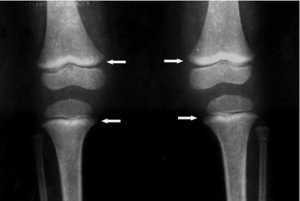Author Interviews, Duke, JAMA, Mental Health Research, Pediatrics, Toxin Research / 23.01.2019
Psychiatric Problems Related to Lead Exposure Detected As Early As Age 11
MedicalResearch.com Interview with:
Aaron Reuben, MEM
Department of Psychology and Neuroscience
Duke University, Durham, North Carolina
MedicalResearch.com: What is the background for this study? What are the main findings?
(1) Study members with greater lead exposure in childhood tended to endorse more psychiatric symptoms when assessed for psychiatric disorders in adulthood (between 18 and 38 years of age).
- These individuals tended to report more internalizing (e.g., depression, anxiety) and thought disorder (e.g., OCD, schizophrenia, mania) symptoms.
- Compared to other findings from this sample, the associations reported in this article are similar to those reported for lead and IQ, and are stronger than those reported for lead and criminal offending.
- Informants who knew Study members well reported higher levels of difficult adult personality traits among Study members with greater lead exposure in childhood.
- Specifically, Study members with greater blood lead levels at age 11 were rated as more neurotic, less agreeable, and less conscientious by 38 years of age.
- These personality traits have been previously linked to a number of poor life outcomes, including greater psychopathology, worse physical health, less job satisfaction, and troubled interpersonal relationships
- Psychiatric problems related to lead exposure could be detected as early as 11 years of age. In the 1980’s, parents and teachers of children with higher blood-lead levels had described them as displaying more antisocial behavior, hyperactivity, and negative emotions (e.g., sadness, anxiety).


